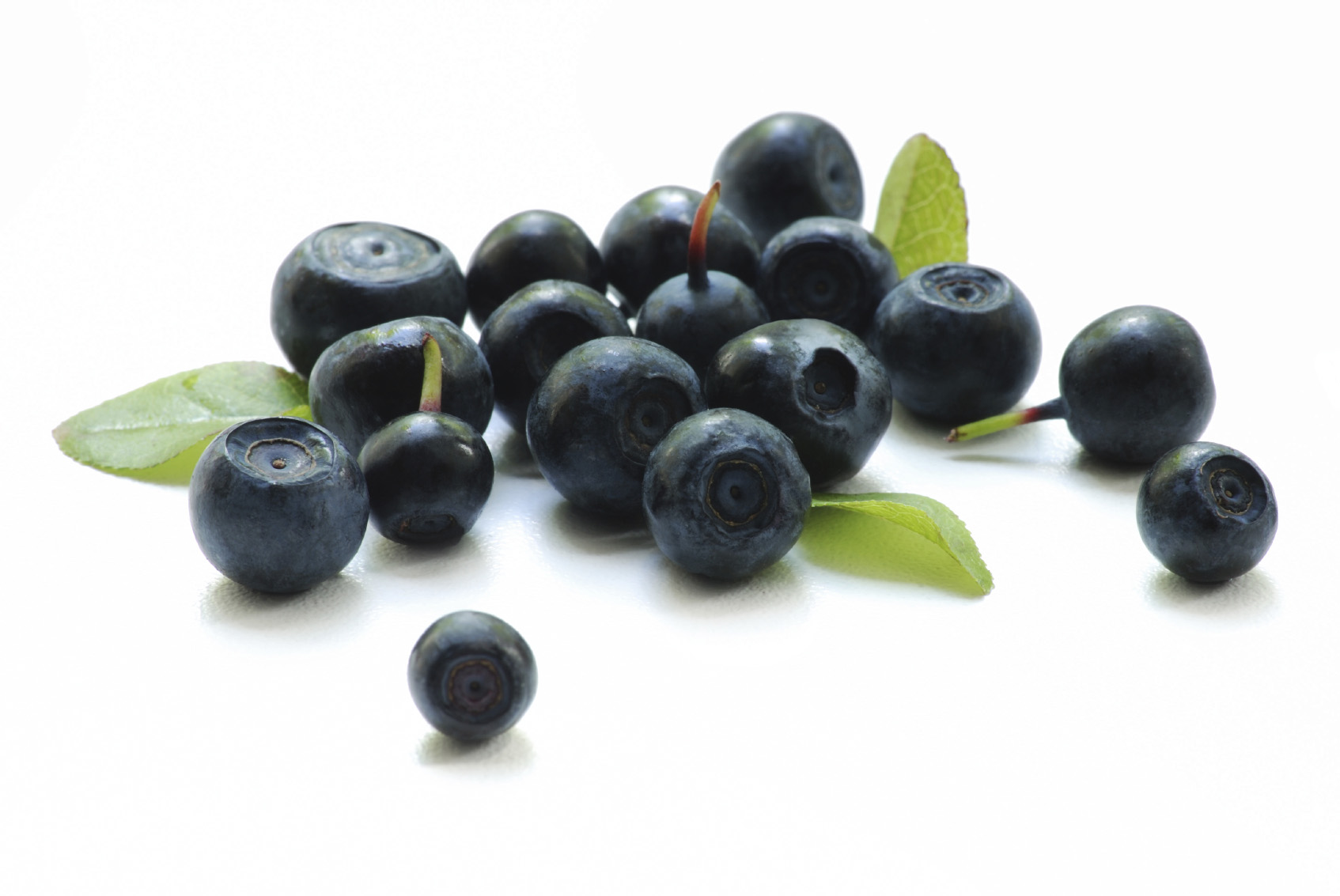Acai, super food or hype?

The Acai berry is somewhat of a health food phenomenon. In the past decade Acai has received massive amounts of attention in the media and in marketing largely to do with its potential as a weight-loss supplement. The truth is that, although a wonderful dietary addition with many antioxidants, this small grape-like fruit is not likely the weight-loss, superfood, miracle it has been hyped to be.
The Acai berry, is the fruit of the Acai palm tree native to central and south America. The Acai fruit is a common staple of the Brazilian diet. In the northern state of Para Acai is sometimes served in gourds called “cuias” with tapioca. In the south of Brazil the Acai pulp is commonly served cold in a bowl with granola and is used to flavour ice cream and juice. The pulp has many vitamins, minerals, oils and is rich in the dark purple coloured antioxidant known as anthocyanidins. One cannot dispute that the consumption of this berry is a healthy addition to the Brazilian diet but we would be greatly mistaken to infer that the archetypal slim, toned and tanned Brazilian body is a result of this berry.
It is difficult to pinpoint when and how Acai berry infused with north american health food culture, and furthermore how it became hyped up as a weight-loss super food. Two likely influences in Acai’s rise to fame were the success of multi-level-marketing company “MonaVie” circa 2004, which distributes an Acai containing beverage supplement with claims of weight-loss and other loosely confirmed health benefits. There have also been numerous misuses of celebrity names such as, “Oprah Winfrey”, by supplement companies promoting weight-loss Acai supplements. In 2008, lawyers from the “Oprah Winfrey Show” began investigating statements from supplement manufacturers who alleged that Dr. Mehmet Oz had recommended their product or Acai in general for weight loss.
With all this controversy it is difficult to not be either pro-Acai or anti-Acai, however, I would suggest maintaining a middle ground on the issue. It is important to remember that Acai is a fruit first and foremost, and that like most fruit it has many health benefits but few miracles. I will now outline some of the current research being done on the benefits of Acai.
As mentioned earlier, Acai is rich in antioxidants, however, it is not particularly more endowed than its dark purple north american counterparts. In 2008 the Journal of Agricultural Food Chemistry published a paper that compared the antioxidant potency of commonly consumed juice beverages in the U.S. The researchers looked at multiple measures of antioxidant capacity such as: total oxygen radical absorbance capacity (ORAC), free radical scavenging and ferric reducing antioxidant capacity. The findings in order of most to least potent were as follows: pomegranate juice, red wine, concord grape juice, blueberry juice, black cherry juice, Acai juice, cranberry juice, orange juice, ice tea beverages and apple juice. Therefore, the Acai juice used in the study had a similar antioxidant capacity to black cherry and cranberry juice. It scored hIgher than orange and apple juice but lower than pomegranate, grape and blueberry juice.
The claim that Acai is beneficial in the overweight population is not completely unfounded but has more implication in the reduction of blood sugar and cholesterol than of body fat. This year, the Journal of Nutrition published a study that investigated the effect of Acai fruit pulp in a group of overweight adults. Ten overweight adults with body mass indexes (BMI) ranging from 25-30 took 100g Acai pulp twice per day for one month. Results demonstrated a reduction in fasting glucose, insulin levels total cholesterol and LDL-cholesterol after 30-days of treatment.
There is also some research to suggest that Acai fruit pulp can help protect DNA from damage. The journal of Mutation Research published a paper in 2010 that investigated the protective effect of Acai pulp on the DNA of mice treated with the DNA damaging chemical Doxorubicin. The investigators found that Acai pulp protects against DNA damage when given to the mice prior to Doxorubicin exposure. The issue with this study is that the mice were force fed large quantities of Acai pulp, 3.3, 10.0, 16.67 g/kg by weight. An average human male is 70kg, meaning the therapeutic dosage would have to be between 230-1167grams. This approximately equates to 1-5 hamburger sized doses of Acai pulp per day.
Perhaps the most interesting research on Acai in the past decade has been in the field of medical imaging. The journal of computer assisted tomography published an article in 2009 investigating the feasibility of using Acai pulp as an internal contrast agent for Magnetic Resonance Imaging (MRI). MRI technicians noticed a marked improvement in the depiction of the gastrointestinal tract in patients who consumed Acai pulp prior to MRI. The patients found the pulp to be palatable and no side effects were reported.
Further research may reveal Acai to be the weight-loss miracle food we all hoped it to be, but for now we can only draw the following conclusions:
-Acai is a palatable fruit with a relatively generous amount of antioxidants
-Acai pulp has beneficial effect on blood glucose, cholesterol levels and therefore may be a smart dietary inclusion for individuals with high blood sugar, high cholesterol, type 2 diabetes and metabolic syndrome.
-Feel free to eat large amounts of Acai pulp, the antioxidant compliment will protect against DNA damage.
-If your doctor requests to have MRI imaging of your gastrointestinal tract, remember to request Acai as your contrast agent of choice.
-Do not waste your money on Acai weight-loss supplements. Exercise, a healthy-diet and green tea all have far more data in support of them being a helpful lifestyle addition to promote weight-loss.


